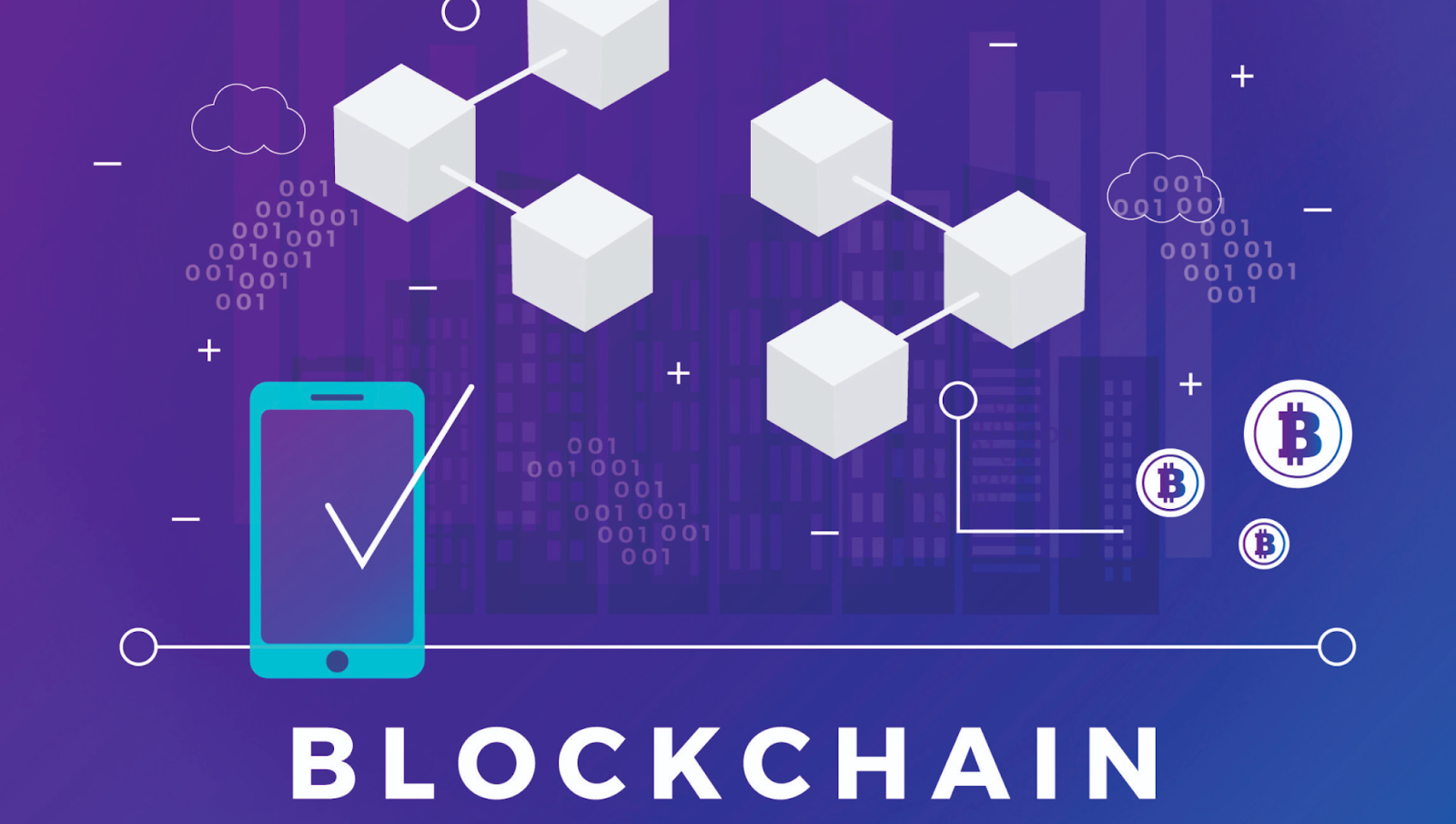Gumi’s Bold Move into Bitcoin and Blockchain Gaming

Significantly strategically, Gumi Inc., a well-known Japanese game producer best known for successful mobile games such “Granblue Fantasy” and “Brave Frontier,” has revealed its intentions to buy and hold Bitcoin. This choice reflects a clear trend whereby gaming firms are looking more and more at Bitcoin and Blockchain Gaming and cryptocurrencies as not only payment methods but also fundamental parts of their operational and financial plan. The action is supposed to place Gumi in front of the junction of gaming and the growing bitcoin market.
Gumi Enters Bitcoin Market
Established in 2007, Gumi has become rather important in the mobile gaming market both inside Japan and outside. The corporation has shown a strong desire for creative technologies hence, it has made strategic mergers and acquisitions to increase its capacity. Gumi’s entry into Bitcoin comes at a time when many in the business are looking for fresh paths for expansion and income. Her portfolio now consists of several game titles, and she emphasizes foreign markets.
The market for cryptocurrencies has seen a rollercoaster of highs and lows, with both notable price corrections and peak excitement. Often leading the charge, Bitcoin is the flagship cryptocurrency that shapes trends in the whole digital asset market. From entertainment and gaming to other industries, investing in Bitcoin has become more appealing since it provides possible financial returns, including liquidity and inflation hedging. Gumi’s choice shows a greater acceptance of Bitcoin’s feasibility as an asset class.
Gumi Integrates Blockchain for Growth

Gumi wants to embrace blockchain’s transforming power in addition to strengthening its financial reserves by disclosing its intentions to buy and stake Bitcoin. Participating in a proof-of-stake system to collect prizes is a passive revenue source that can improve Gumi’s whole financial situation. This approach fits very nicely with the company’s goals of diversifying its assets and using technology developments to maximize operational effectiveness.
Moreover, Gumi’s leadership shows a will to include blockchain technologies in its current gaming architecture. New gaming experiences include play-to-earn models that appeal to a rising audience looking for real asset ownership inside the gaming ecosystem that ould result from this.
Gumi’s declaration reflects a more general gaming sector trend toward blockchain and Bitcoin and Blockchain Gaming. Other game creators have also begun down similar paths, working on other initiatives meant to produce distributed platforms empowering users. This change lets gamers easily earn and transfer digital assets, therefore redefining conventional income sources in gaming.
Regulating systems should change as more businesses investigate the possibilities of cryptocurrencies to provide better direction for operations. Gumi’s proactive approach may inspire other developers to follow in line, therefore hastening the blockchain technology incorporation into popular gaming.
Although the future seems promising, Gumi and other game creators could find difficulty negotiating the convoluted terrain of cryptocurrencies. Important problems that have to be resolved are regulatory uncertainty, changes in crypto asset pricing, and environmental difficulties related to Bitcoin mining and staking. Furthermore, incorporating these technologies into gaming environments calls for both technical knowledge and consumer acceptance.
Companies like Gumi have to be open about the advantages and hazards involved as players grow more conscious of the effects of blockchain technology. Adoption of such ideas will depend on the gaming community developing trust.
Gumi Pioneers Blockchain in Gaming
Looking ahead, Gumi’s approach could open the path for more cooperation with blockchain firms, hence creating new gaming paradigms. Through staking Bitcoin, Gumi not only portrays itself as a financial pioneer but also matches its activities with the changing expectations of a tech-savvy audience that appreciates openness and ownership over their digital assets.
Companies ready to welcome these developments will most likely profit from the major shift the gaming sector is about to undergo. Gumi’s commitment to investigating Bitcoin as a financial and operational tool highlights the possibility for expansion in this ever more cutthroat market.
Summary
Ultimately, Gumi’s intentions to purchase Bitcoin and Blockchain Gaming to a significant change in the strategy gaming firms use toward cryptocurrencies. Including blockchain technology in their company plans can help organizations provide consumers with more interesting and fulfilling experiences while maybe establishing fresh income sources. As Gumi sets a standard for the next industry improvements, the gaming community could be closely observing this path. Gumi’s activities could very well be a sign of a new era when gaming and cryptocurrency meet and provide countless opportunities for invention and expansion as this trend develops.
[sp_easyaccordion id=”4112″]





